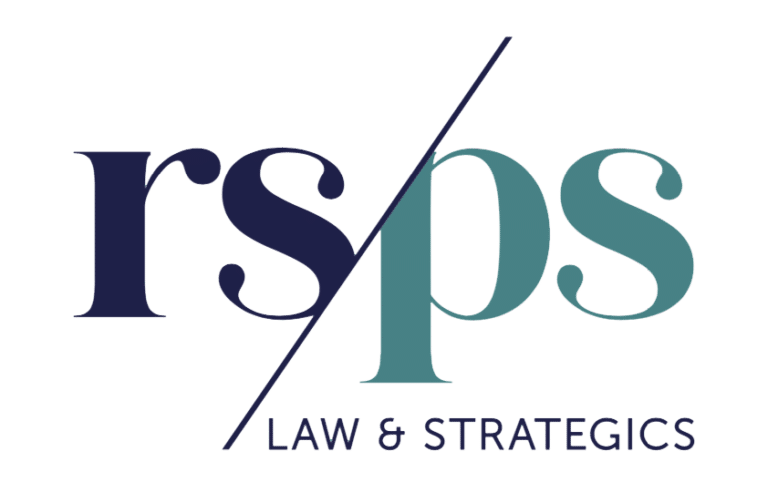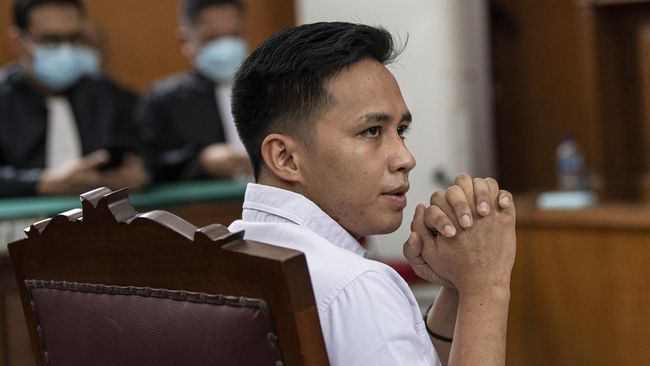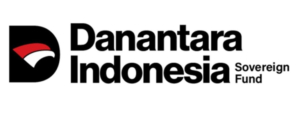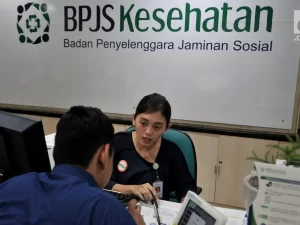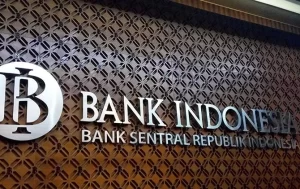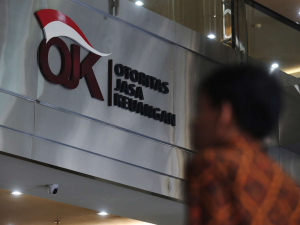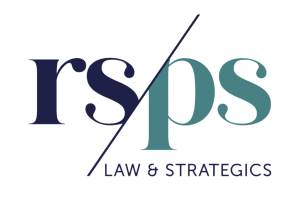Nowadays, the word “justice collaborators” is all over the news. But do you really know what a justice collaborator is?
Previously on 2011, the Supreme Court of Indonesia also issued a circular letter regarding this under Supreme Court Circular Letter No. 4 of 2011 concerning Treatment for Whistleblowers and Witness Collaborators in Certain Crime Cases (“SEMA 4/2011”), justice collaborators are criminal acts who admit the crime, but are not the main perpetrators, who is willing to testify as a witness at trial.
Justice collaborators or a perpetrator witnesses based on Art. 1.2 of Law No 31 of 2014 on Amendment to Law No 13 of 2006 Concerning the Protection of Witness and Victims (“Law 31/2014”) are suspects, defendants, or convicts who cooperate with law enforcement law to uncover a criminal act in the same case. So, justice collaborators are individuals who play an important role in uncovering a crime and can provide evidence to ensnare the main actors and other suspects in a case.
Based on SEMA 4/2011, the guidelines for judges in imposing crimes on justice collaborators with several criteria are as follows:
- The person concerned is the perpetrator of a certain crime, admits his/her crime, is not the main perpetrators and provides information as a witness in the case;
- The Public Prosecutor has explained the charges to that the person concerned has provided significant information and evidence, so as to uncover the crime;
- The person’s willingness to return a number of assets obtained from the crime in question and stated in a written statement;
- There is a real threat or fear that there will be threats, physical or psychological pressure against the witness perpetrators who work together or their families.
With these help from the justice collaborators, the judge who examines the specific case is asked to pass a sentence on conditional probation and/or the lightest prison sentence by considering justice in society.
Further, the honesty of a justice collaborator’s testimony can be rewarded by:
- relief from sentencing; or
- conditional release, additional remissions, and other convict rights in accordance with the provisions of the laws and regulations for perpetrator witnesses with convict status.
Based on Art. 10A of Law 31/2014, the corporation given by the justice collaborators could be rewarded with special handling such as:
- separation of places of detention or places of serving a crime between witness witnesses and suspects, defendants, and/or convicts whose crimes have been disclosed;
- separation of filings between the dossiers of the perpetrator witnesses and the dossiers of suspects and defendants in the process of investigation and prosecution of the criminal acts they disclosed; and/or
- testify before the court without dealing directly with the defendant whose crime was revealed.
This constitutes merely our initial review of the What Is a Justice Collaborator under Indonesian Law? and must not be treated as our legal opinion. Any use of this other than for your internal or personal reference, is prohibited, unless a prior written consent has been obtained from us.
Should you have any questions, feel free to contact us through:
Sunny Sabaru (Founding Partner): ssabaru@rspstrategic.com
Celine Tangnandez Wijaya (Associate): cwijaya@rspstrategic.com
